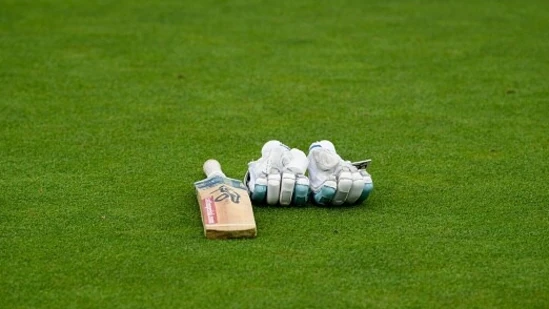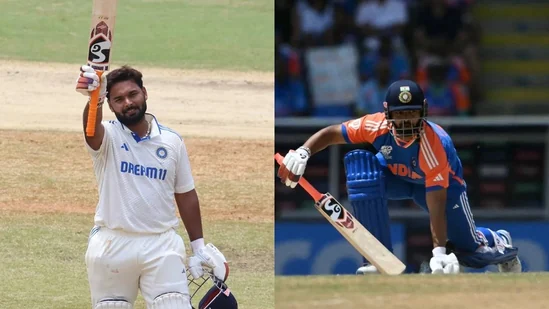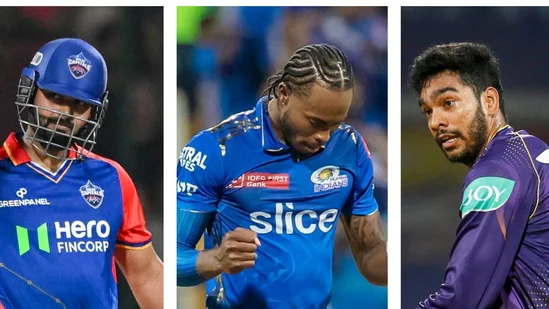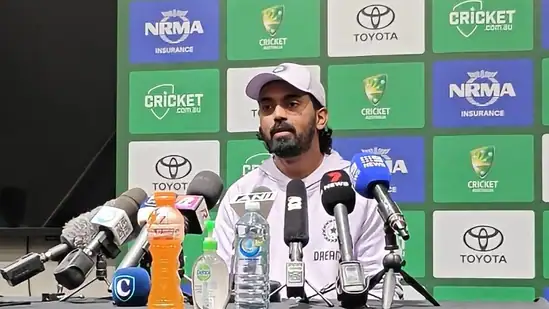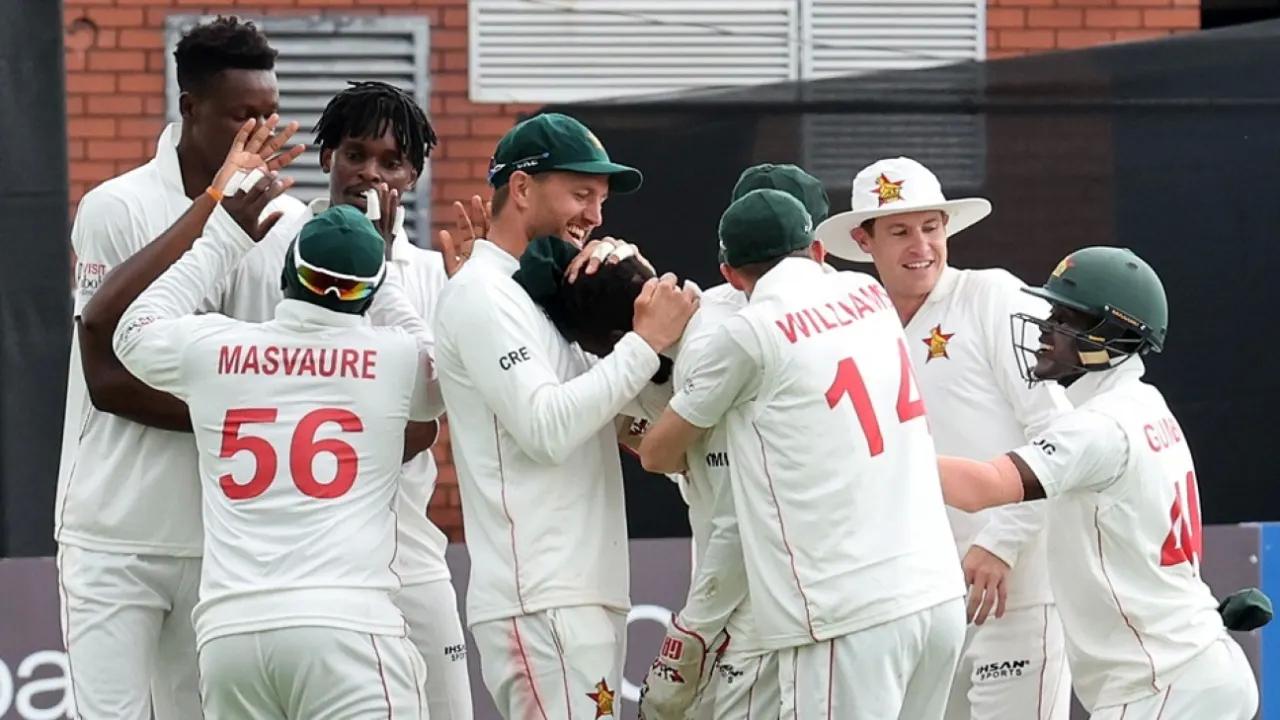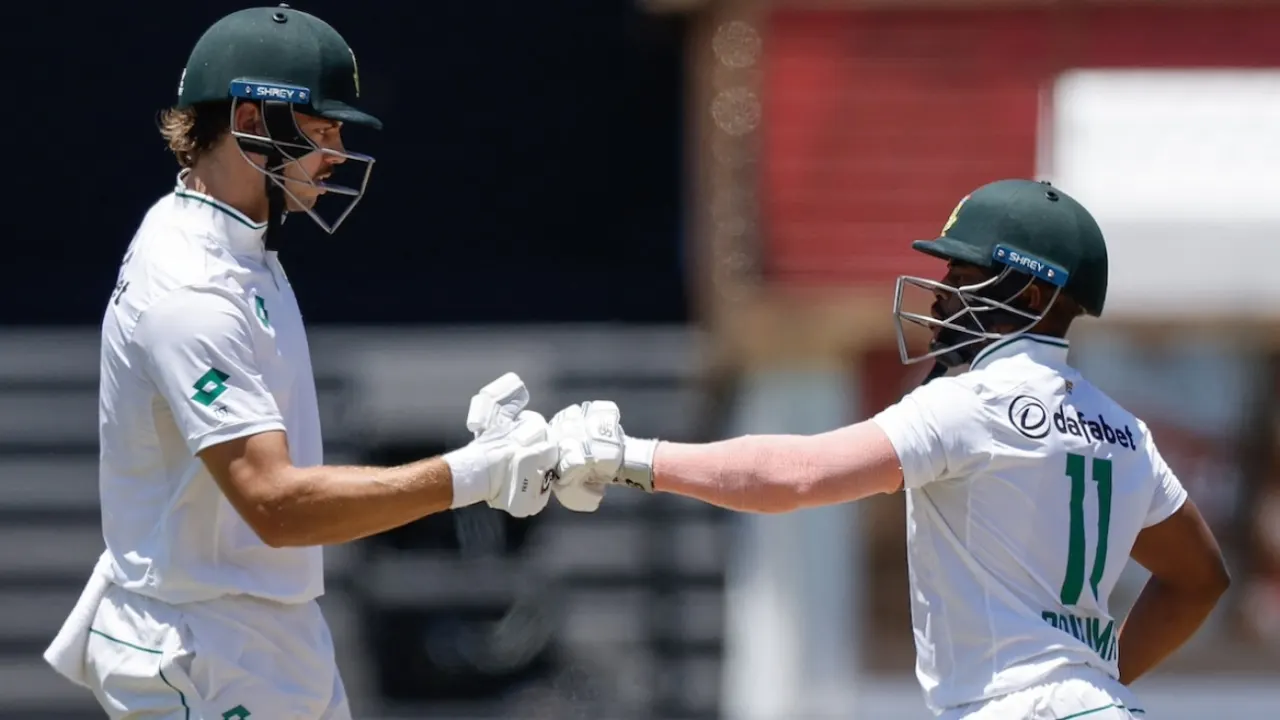‘In search of reliable selectors to navigate challenging decisions’: Chappell candid on Rohit, Kohli's place in Indian team
Rohit Sharma and Virat Kohli's future in the Test format was previously not a major cause for concern, even after their retirement from T20I cricket earlier this year. Despite their age and the arrival of promising new talents from domestic cricket, experts remained unconcerned about finding replacements for them in the future. However, the narrative abruptly shifted in a matter of weeks. Disappointing performances in the series against Bangladesh in September and New Zealand in November, both at home, have sparked doubt among many regarding whether the selectors should continue to include the two senior batters in the team for the upcoming World Test Championship cycle.
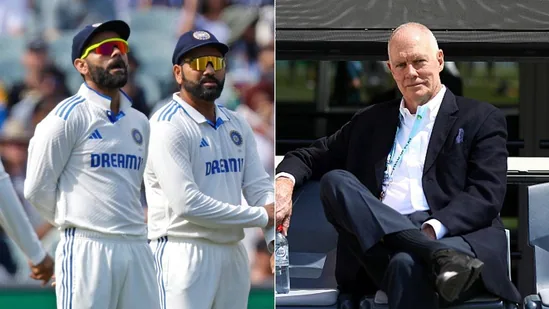
In the last two home series, Rohit scored only 133 runs in 10 innings at 13.10, with only one half-century knock, recording one of his worst runs on home turf. It was the worst performance for an Indian batter, who at least faced 150 deliveries across the two series. Kohli, on the other hand, amassed 192 runs in five matches at just 21.33. His performance against New Zealand, where he averaged only a shade over 15, was his worst show at home in seven years. Experts instantly labelled the tour of Australia as a make-or-break series for Kohli and Rohit.
After the first two Tests, while the former India captain at least has a century to show, scored in Perth, amid three failures, Rohit's miserable run continued. He missed the series opener owing to the birth of his second child, but managed only nine runs in two innings in Adelaide on his return, leaving cricket community to continue the worry over their future.
‘Got to pick right selectors to have the tough chat’Former Australia cricketer Greg Chappell, speaking to reporters in Adelaide, explained that it is more a job of the selectors than the players themselves to decide when to leave or retire from the sport. He said that with cricket increasingly becoming a high-paying profession in the world of sport, players are more eager to prolong their career and hence the role of the selectors become more important in this aspect.
“You know yourself whether you’re at your peak or not. But they obviously love playing the game. They want to play it as long as they can, and they have every reason, every right to want to go as long as they can. That’s why you need good, robust selection policies and selection panels to make those tough decisions,” Chappell said. “It’s not up to the players necessarily to make those decisions. They might want to make that decision. But it’s a well-paid job. Who’s going to walk away from it? Someone else has to make that decision. That’s why you need robust selection panels and policies.”
When asked how difficult is it to have a conversation with players of stature like Kohli and Rohit, the former India head coach stressed on the need for cricket boards to hire “good selectors” who can have those “tough conversations.”
“It’s very tough. You’ve got to pick the right people to be selectors, the ones that are prepared to have those tough conversations. They can be. Depends on the relationships between the various people in the room. But we all go through it, everyone that plays at that level. You’ll have your ups and downs as a player. With good players, you prefer to give them a game too many than a game too few. So it’s always tough to get that balance right,” the Aussie legend elaborated. “Everyone goes through it, every team goes through it. No cricket team is ever a finished article. You’re always looking at ways that you might improve it. So you’re constantly bringing players in, bringing players out. But when you get the superstars, you want them to go as long as they possibly can. So occasionally you might let them go a bit too long.”
Stay informed with the...RELATED STORIES
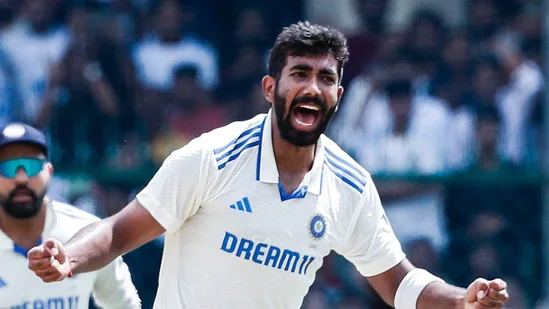
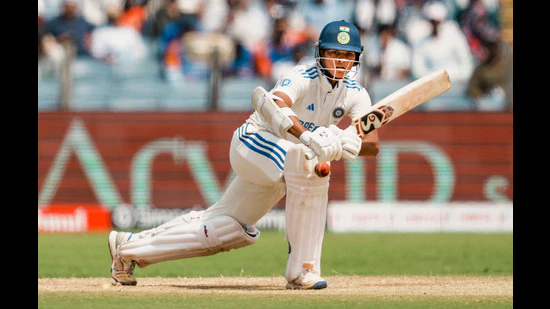
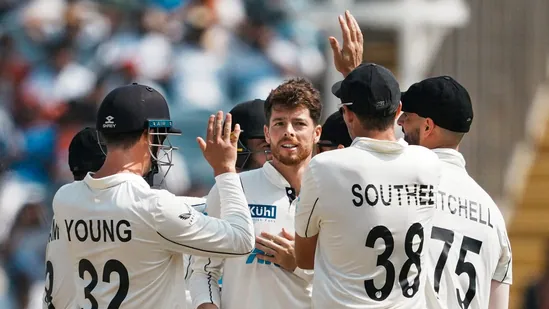

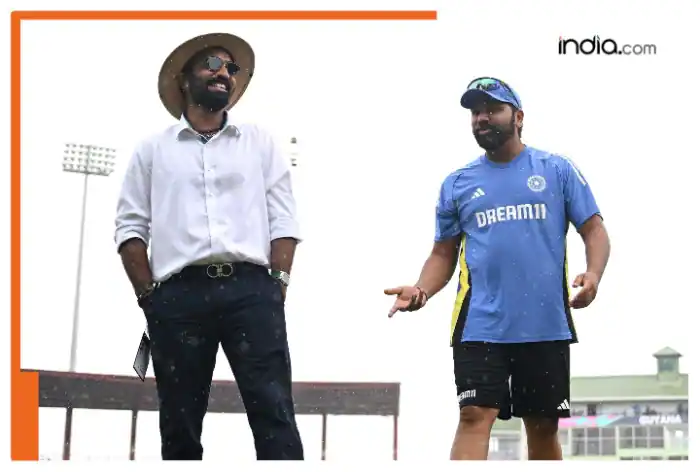
LATEST NEWS
